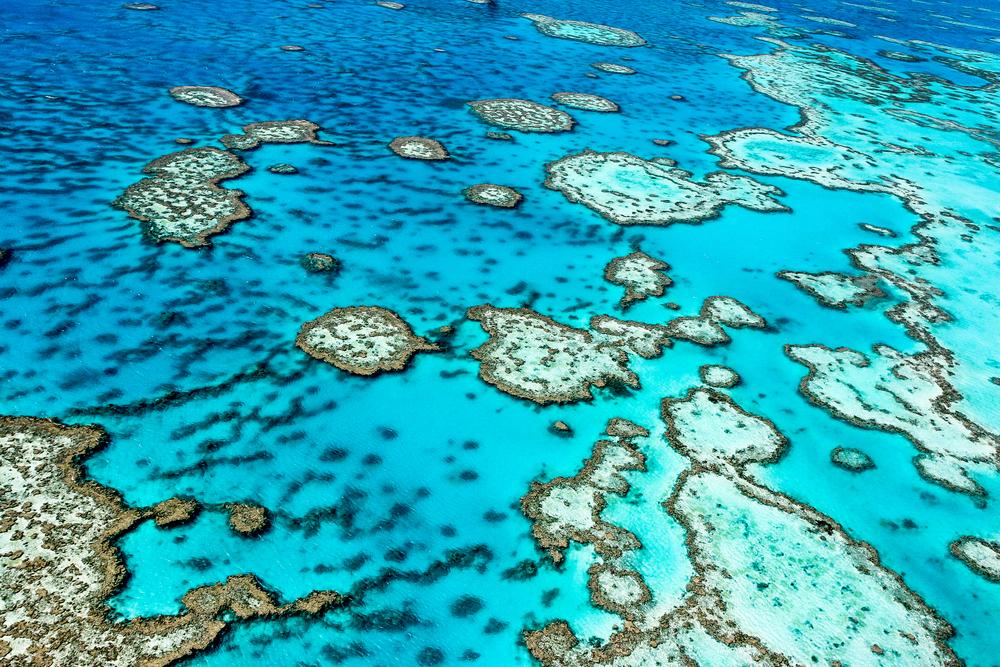The Labor government will give a $204 million boost to the protection and management of the Great Barrier Reef, bringing the total investment in the reef to $1.2 billion (US$751 million).
Environment Minister Tanya Plibersek on Friday unveiled the new package, noting it will go into replanting parts of the reef with new corals, catchment restoration, improving fisheries management and a new research centre.




